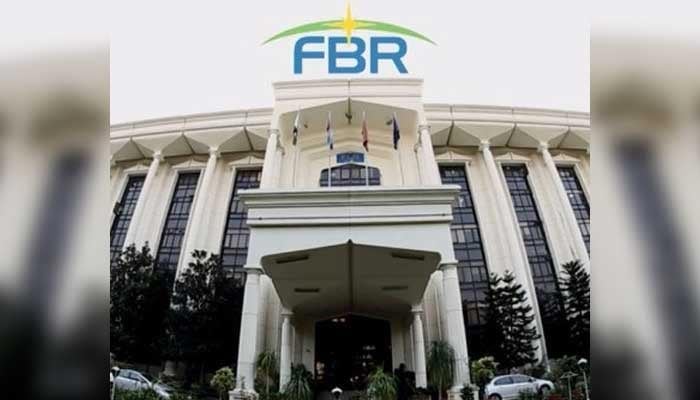Business
Govt may slap flood levy ranging from 1-3% on all imports
-

 Latest News2 days ago
Latest News2 days agoUS Will Not Interfere in Pakistan’s Internal Matters: Miller
-

 Business2 days ago
Business2 days agoA jail sentence and heavy fines were declared for fake tax documents.
-

 Latest News2 days ago
Latest News2 days agoThe ECP asks the SC to clarify the ruling in the PTI reserved seat case.
-

 Latest News2 days ago
Latest News2 days agoPM Youth Programme: Shehbaz Sharif Makes Critical Choices To Give Youth Jobs
-

 Latest News2 days ago
Latest News2 days agoPrime Minister and Secretary General of ECO Hold Meeting
-

 Latest News21 hours ago
Latest News21 hours agoRainfall throughout the night stops flights in Lahore.
-

 Entertainment2 days ago
Entertainment2 days agoFilming for “Yeh Ishq” begins with Sheheryar Munawar and Ushna Shah.
-

 Latest News2 days ago
Latest News2 days ago63,000 Instagram accounts are deleted by Meta























